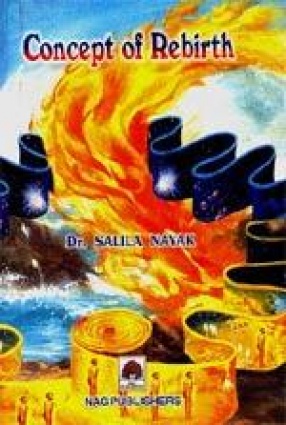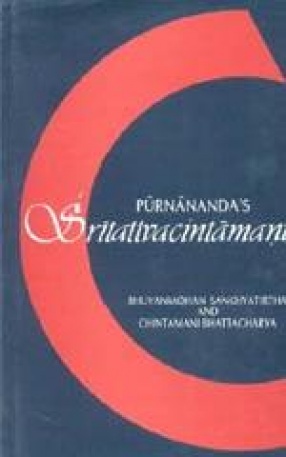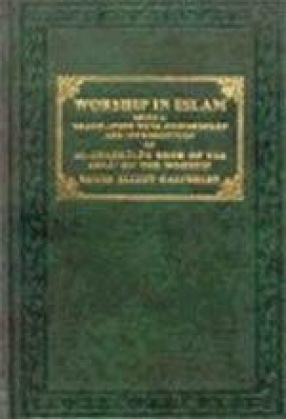The ideology and institution of any religion cannot be separated from its historical context. Its forms and social functions are inherently tied to space and time in each society. To understand a religious tradition we have to explore the relationship of exchange between religion and society or the forms of cultural and social entity. The study aims to search for the Buddhist tradition in ancient India and Korea. Starting with an examination of the behaviour patterns socially acquired and transmitted, the study further explores the relationship between the Buddhist tradition and the socio-economic structures in the two countries. This work is based mainly on literary sources ranging from early Buddhist texts like Nikayas and Dhammapada to tantric texts. Valuable information with regard to the Buddhism in early Korean society and Indo-Korean contacts comes from the Samgukyusa in which the narrative is more and more transfromed into myth and legend. The time span of this book is from the sixth century B.C. to about fifth or sixth century A.D. in India and from the first century to around ninth century A.D. in the Korean context. The study would be found useful by those studying ancient India, ancient Korea, transformation of Buddhism, Buddhist mechanism for worldly matters and cultural contacts between India and Korea in the early times.

Buddhist Ideas and Rituals in Early India and Korea
In stock
Free & Quick Delivery Worldwide
reviews
Bibliographic information
Title
Buddhist Ideas and Rituals in Early India and Korea
Author
Edition
1st ed.
Publisher
ISBN
8173042217
Length
196p., 23cm.
Subjects




There are no reviews yet.